When it comes to calculating HVAC repair costs, there are a few important factors that you should consider. From the age of your system to the type of repair needed, these factors can greatly impact the final cost. In this article, we will explore the key factors that influence HVAC repair costs, allowing you to make informed decisions and ensure that you are getting the best value for your money. Whether you are experiencing a minor issue or a major breakdown, understanding these factors can help you navigate the repair process with confidence. So, let’s dive in and explore the world of HVAC repair costs!
Factors to Consider When Calculating HVAC Repair Costs
When it comes to calculating HVAC repair costs, there are several factors that need to be considered. From the type of HVAC system to the extent of the repair needed, each factor plays a crucial role in determining the overall cost. In this article, we will delve into these factors in detail to help you better understand the different elements that contribute to HVAC repair costs.
Type of HVAC System
The type of HVAC system you have in your home or commercial space will significantly impact the repair costs. HVAC systems can vary widely in terms of complexity, design, and components. Common types of HVAC systems include central air conditioning, ductless mini-split systems, heat pumps, and furnaces. Each type has its own unique set of components and requirements, which can influence the repair process and costs. It’s important to have a clear understanding of your HVAC system’s type and specifications to accurately estimate repair costs.
Type of Repair Needed
Another important factor to consider is the type of repair needed. HVAC systems can require various types of repairs, ranging from minor fixes to major component replacements. Common types of repairs include fixing leaks, replacing faulty thermostats, repairing or replacing motors and fans, cleaning or replacing filters, and addressing electrical issues. The complexity of the repair will influence the time, materials, and expertise required, all of which can impact the final cost.
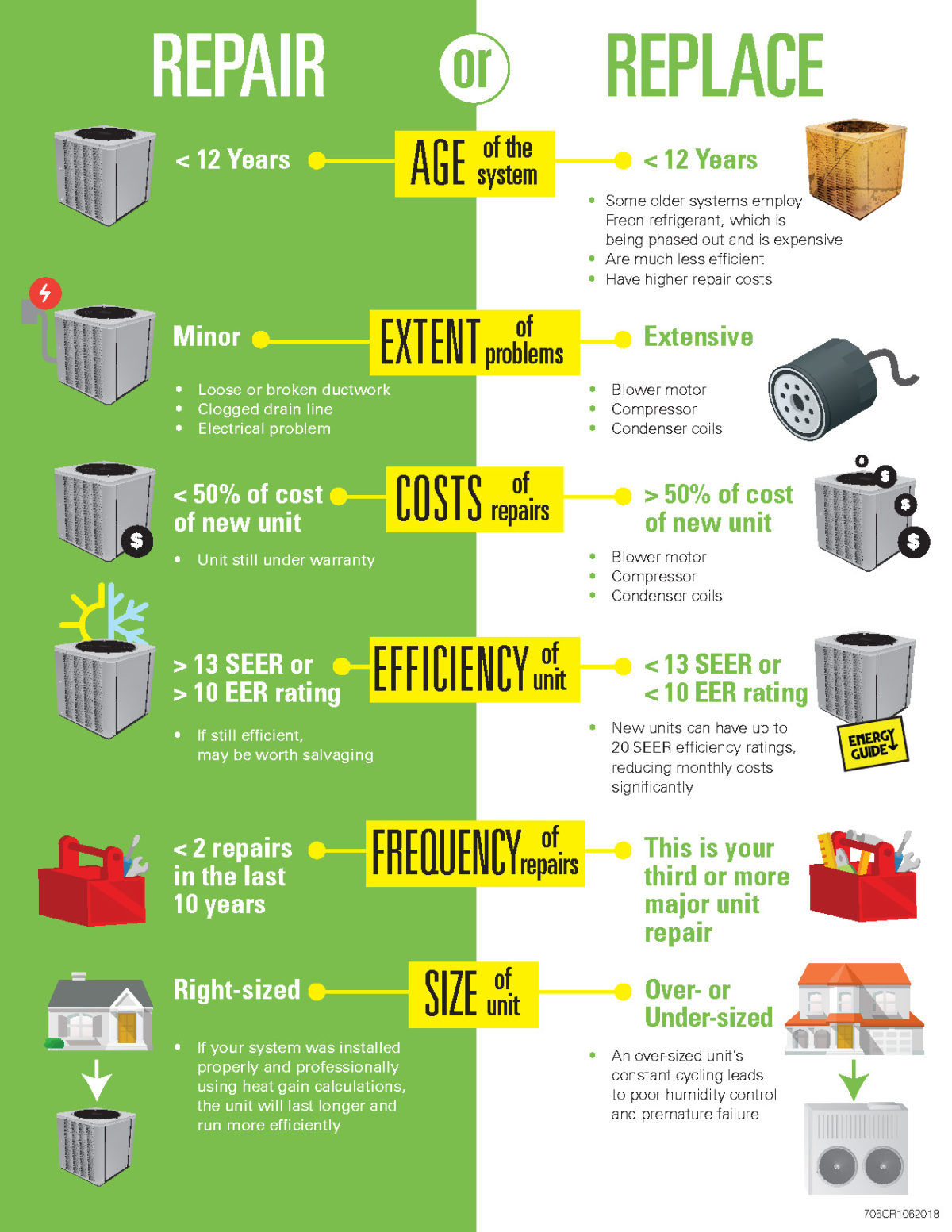
This image is property of homeenergyrx.com.
Extent of the Repair
The extent of the repair required is closely related to the type of repair needed. Some HVAC repairs may be relatively straightforward and involve minimal time and materials, while others may be more extensive, requiring significant work and investment. For example, a minor leak in an air conditioning system may only require a simple patch, whereas a major refrigerant leak may necessitate the replacement of several components. Assessing the extent of the repair will help you gauge the level of complexity involved and estimate the associated costs.
Age of the HVAC System
The age of your HVAC system also plays a role in determining repair costs. Older systems may be more prone to wear and tear, resulting in the need for more frequent repairs. Additionally, older systems may require outdated or hard-to-find replacement parts, which can drive up the cost of repairs. It’s important to consider the age of your HVAC system when calculating repair costs and weigh the potential benefits of repairing versus replacing the unit.
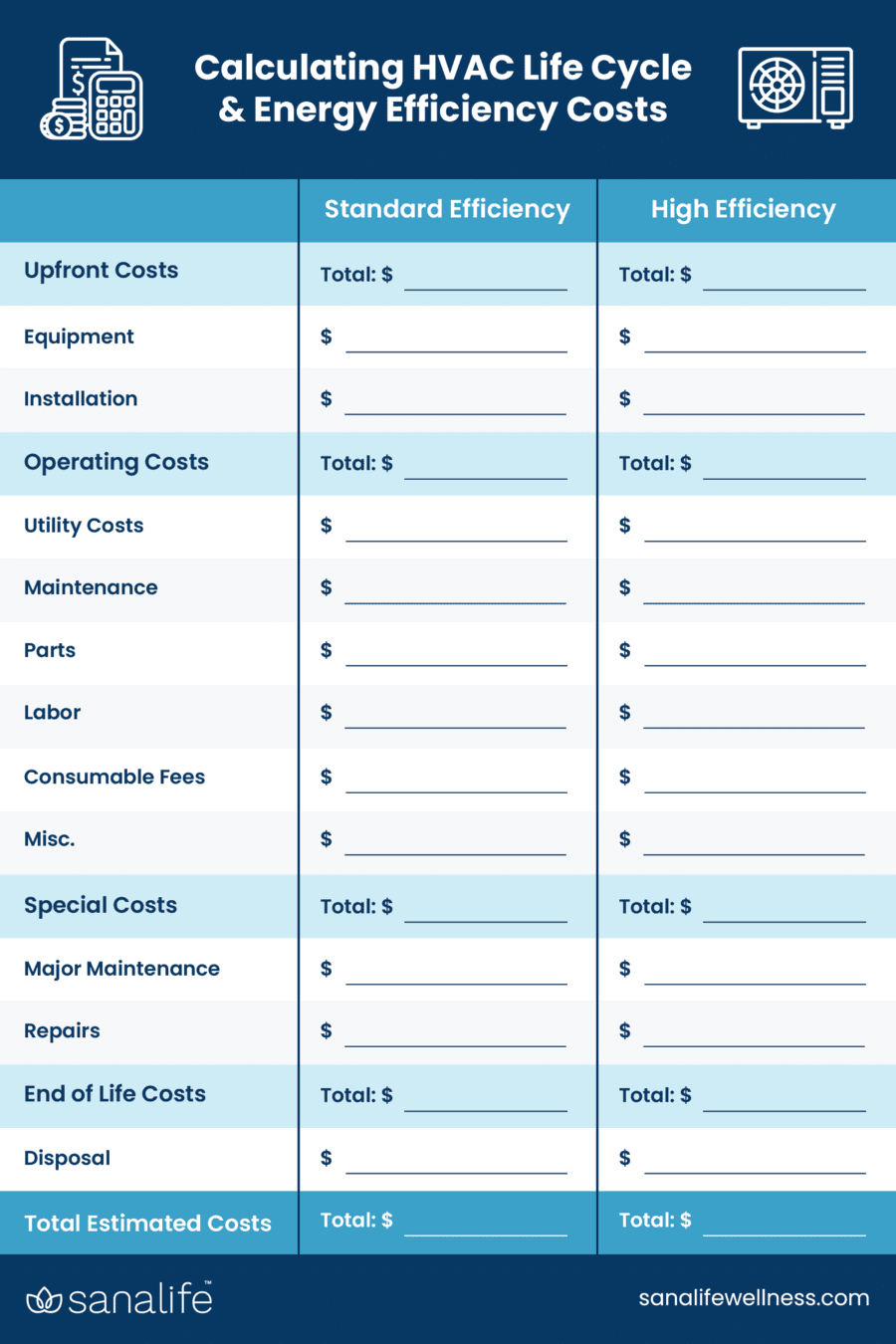
This image is property of global-uploads.webflow.com.
Availability of Parts
The availability of parts is another factor that can impact HVAC repair costs. Some HVAC systems and components may have readily available parts, making repairs quicker and more cost-effective. However, if your system or its components are outdated or rare, you may need to source specialized or custom parts, which can be more expensive and time-consuming. It’s essential to factor in the availability and cost of parts when estimating repair costs.
Location of the HVAC System
The physical location of your HVAC system can also affect repair costs. For example, if the system is located in an easily accessible area, such as a basement or ground floor, repairs may be simpler and less costly. On the other hand, if the HVAC system is located in a difficult-to-reach or confined space, additional time and labor may be required, resulting in higher repair costs. Understanding the accessibility of your HVAC system will help you anticipate any potential challenges and account for them in your cost calculations.
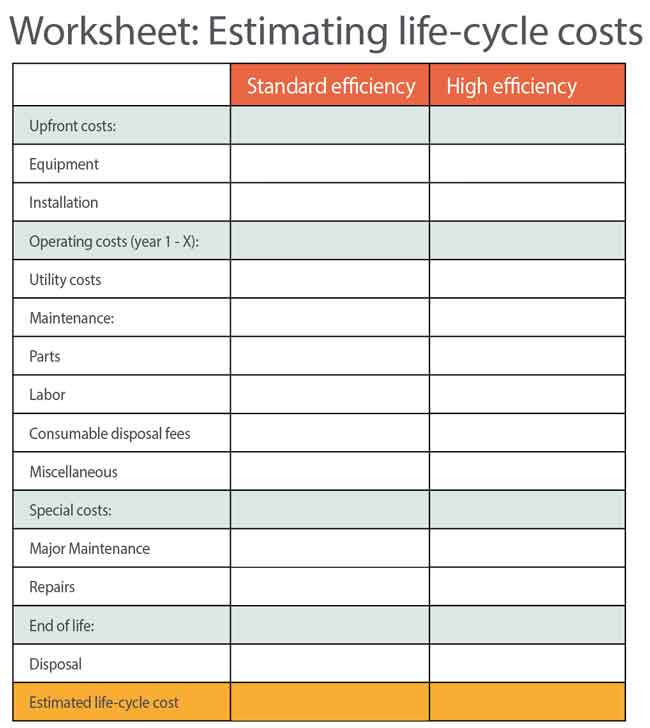
This image is property of www.facilitiesnet.com.
Labor Costs
Labor costs are a significant factor in HVAC repair calculations. The expertise and experience of the technician performing the repairs, as well as their geographical location, can impact the hourly rate charged. It’s important to research and compare labor costs in your area to ensure you have an accurate estimate of the total labor expenses related to your HVAC repair.
Additional Costs
In addition to the direct repair costs, there may be additional expenses to consider. For example, if the repair requires the use of specialized equipment or tools, you may need to factor in rental or purchase costs. Moreover, if the repair process necessitates shutting down your HVAC system temporarily, you may need to budget for alternative heating or cooling solutions during that period. Considering these additional costs will help you create a comprehensive estimate of the overall repair expenses.
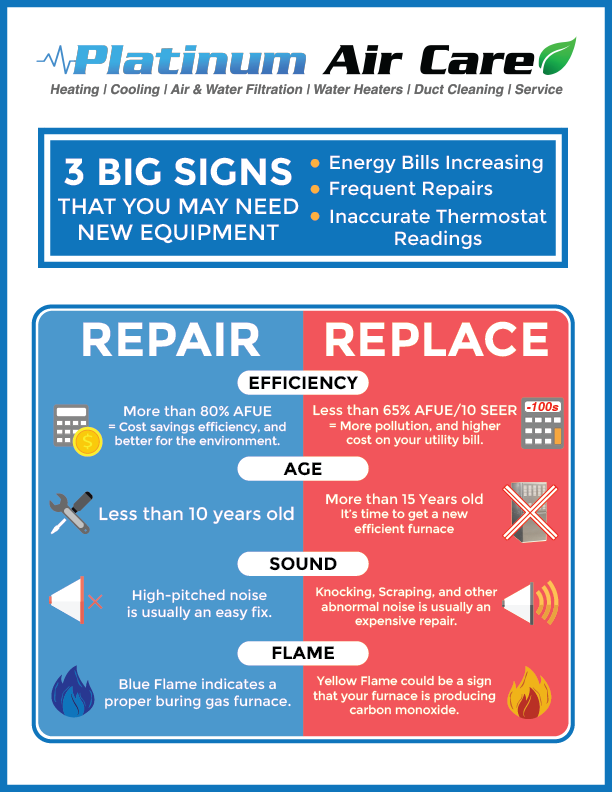
This image is property of images.squarespace-cdn.com.
Warranty Coverage
The warranty coverage of your HVAC system can have a significant impact on repair costs. If your system is still under warranty, certain repairs may be covered, reducing your out-of-pocket expenses. It’s crucial to review the terms and conditions of your warranty and understand which types of repairs are included to accurately determine your repair costs.
Service Provider Reputation
the reputation and reliability of the HVAC service provider you choose can also influence repair costs. Established and reputable service providers may charge slightly higher rates, but they often offer higher quality workmanship and customer service. On the other hand, opting for a less reputable or inexperienced service provider may result in lower upfront costs but could potentially lead to recurring issues and additional repair expenses in the long run. It’s important to research and select a trusted HVAC service provider to ensure the quality and longevity of your repairs.
In conclusion, calculating HVAC repair costs involves considering various factors such as the type and extent of the repair, the age and type of HVAC system, availability of parts, location, labor costs, additional expenses, warranty coverage, and the reputation of the service provider. Taking these factors into account will help you estimate the overall cost of your HVAC repair accurately. Remember to consult with a professional HVAC technician to get a detailed and customized estimate based on your specific needs and circumstances.
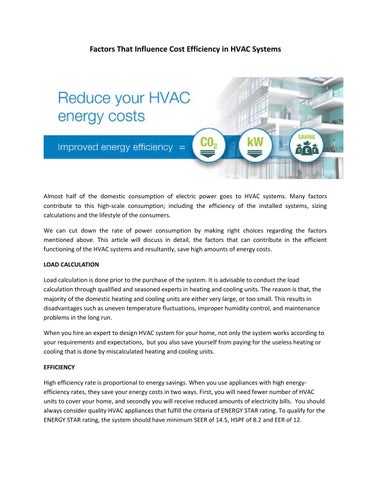
This image is property of image.isu.pub.
The post Factors to Consider When Calculating HVAC Repair Costs appeared first on Diamond Air Design.

